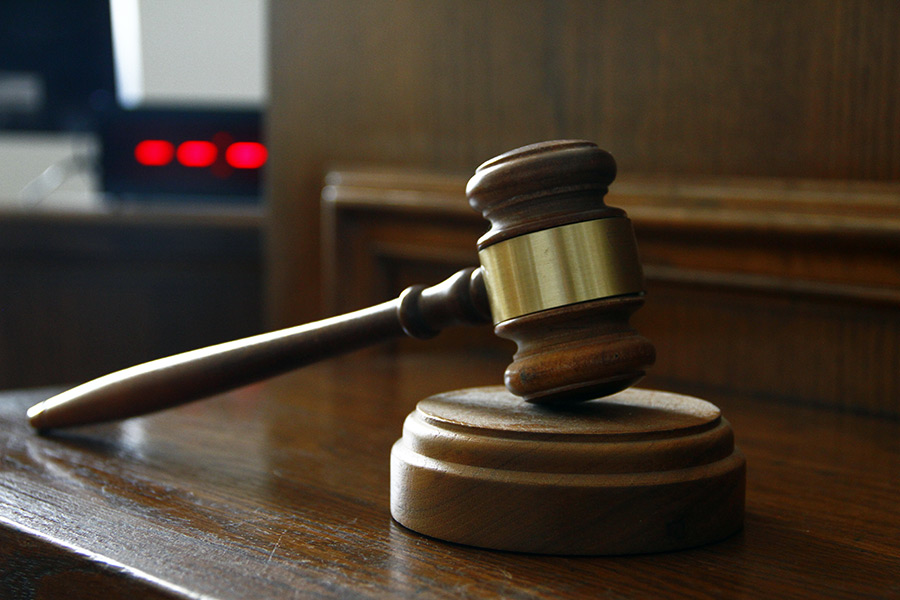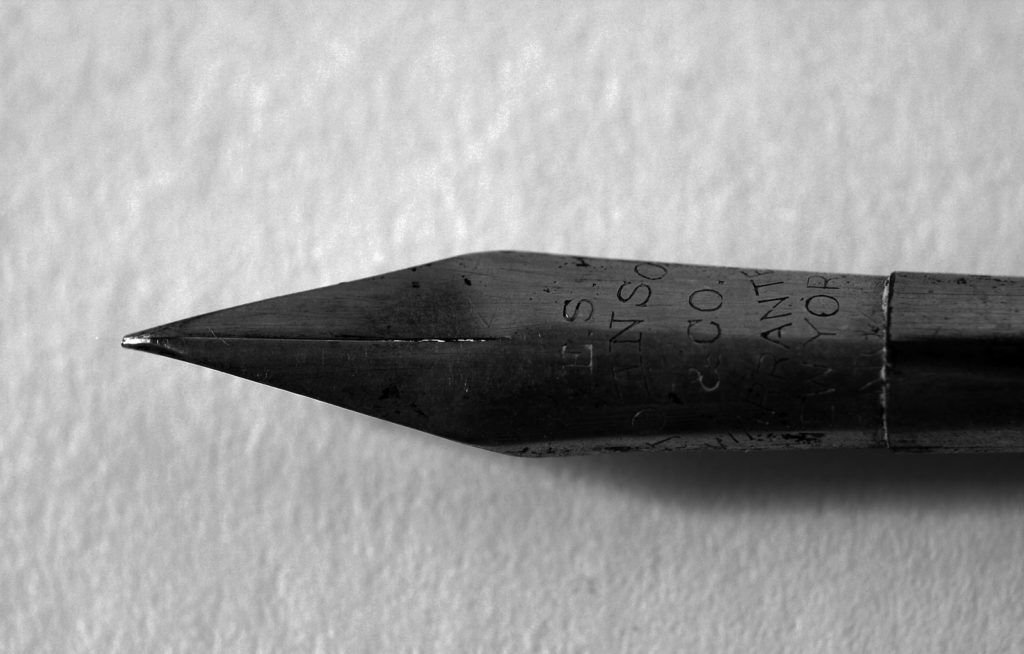The impact of receiving a guilty verdict in a criminal case is a serious issue that should never be taken lightly. Penalties for breaking State or Federal law may result in fines, forfeitures, imprisonment or even capital punishment. If a defendant is found guilty, the criminal appeals process can be invoked to challenge all previous rulings or sentences. If you, a friend or family member are facing penalties from a recent court case, you need an experienced appellate attorney to maximize the chance of a successful criminal appeal in hopes of overturning or reversing the outcome now being faced.
A successful criminal appeal can result in a new trial or a reduced sentence, and sometimes even a complete dismissal of charges. Previous court rulings can be overturned if the trial was not conducted in accordance with every detail of the law. If you have been found guilty of a crime, and feel that the trial court’s final decision was unlawful or unjust, you need to consult an experienced appellate attorney to appeal the case. The appeal process is designed to inspect your case and reveal legal errors that pertain to the verdict or sentence of the case. Usually, criminal appeals are presented to a panel of judges who review the case record and outcome. It is the job the criminal appeals attorney to show the panel of judges why the trial court’s rulings and decisions were unjustified. If your criminal appeals attorney cannot show you their past experience in this, you should seriously consider hiring one who can.
The general structure of the criminal appellate process is as follows: After a final judgment is rendered in a lower trial court (usually at or within days of sentencing), it becomes the job of the defendant’s criminal appeals attorney to properly and timely file for a criminal appeal by submitting a notice of appeal to the trial court. Soon thereafter the case will be transferred to an appellate court, where the next step will be preparing and submitting a “record on appeal” against which all briefs and arguments will be compared and measured for accuracy. After the record on appeal is determined and assembled, the next step is for the lawyer handling the criminal appeal to research and write the defendant’s opening brief. (At this stage of the proceedings, the defendant is referred to as “the Appellant.”)
In the first round of appeals (also called “direct appeals”) the attorneys for both the Appellant and the prosecution (called “the Appellee”) present briefs and oral arguments to a panel of judges. The judges read the briefs, hear arguments, and evaluate the record on appeal to determine if there should be a retrial, or if the penalties should be reduced, and/or if the case should be completely dismissed. During the direct appeal process, judges are most concerned about finding legal errors committed by the prosecutor or court. It is the defendant’s appellate attorney’s responsibility to explain these legal errors in an “Appellant’s Brief”. If the rights of the defendant were infringed upon, even just through through negligence or inadvertence, as opposed to intentional prosecutorial wrongdoing, then the defendant deserves a new legal outcome.
Even if the direct appeal is rejected, the defendant can still advance his or her case with a second round of appeals to the Supreme Court of the State in which the appeal was litigated (or to the United States Supreme Court, whether it is a Federal prosecution, or even after the State proceedings have ended unfavorably).
On the other hand, most litigants instead opt to move forward with a post-conviction appeal as discussed elsewhere throughout this website. In post-conviction litigation, the court most often investigates the underlying trial or guilty plea or sentencing proceedings, looking for instances of negligence or wrongdoing committed by the original defense attorney. If the original defense attorney is found to have provided advice and counsel and advocacy which was “ineffective,” there can be a retrial, mitigation of sentences, or even dismissal. And, adverse rulings by post-conviction courts usually can be appealed back through the chain of appellate courts one more time, just as with the direct appeal process.
If you are serving time for a crime, and have discovered new facts about your initial case that could exonerate you, you have also may have legal recourse through the post-conviction procedures available in your jurisdiction. Cold cases can often be reopened when new evidence emerges that meets certain requirements. These are considered newly discovered claims. This would include, by way of example, DNA exoneration. Sometimes, changes in sentencing laws also can give rise to a re-opening of a cold case.
A winning appellate strategy must be prepared by an experienced criminal appeals attorney. A successful criminal appeal relies on the written brief and effective oral argument. A winning criminal appellate brief must be constructed upon exhaustive legal research and precise legal reasoning. Oral arguments go beyond the arguments presented in the brief. Instead of simply repeating the arguments presented in the brief, oral arguments present new ideas to convince the panel of judges hearing the criminal appeal. There is no agreed-upon method for giving the perfect oral argument. They are unique and numerous as criminal appeals, themselves. It takes an experienced criminal appeals attorney to deliver effective oral arguments. This is made difficult in appellate courts where oral arguments are time-constrained, and the criminal appeals attorney must introduce persuasive arguments at strategic moments, under pressure.
You can find more information on appellate oral arguments by visiting our legal blog, and by reading more here.

Contact Our Offices
The importance of hiring an experienced defense attorney knowledgeable about criminal appeals can never be underestimated. Hiring the wrong defense attorney can result in harsher penalties and a lifetime of negative repercussions. If you are in a desperate legal situation, or facing a difficult legal challenge, you need a lawyer to aggressively defend your rights. The Law Office of Jonathan Laurans is ready to fight for you. Contact us today for a free consultation or call our office at (816) 421-5200.



